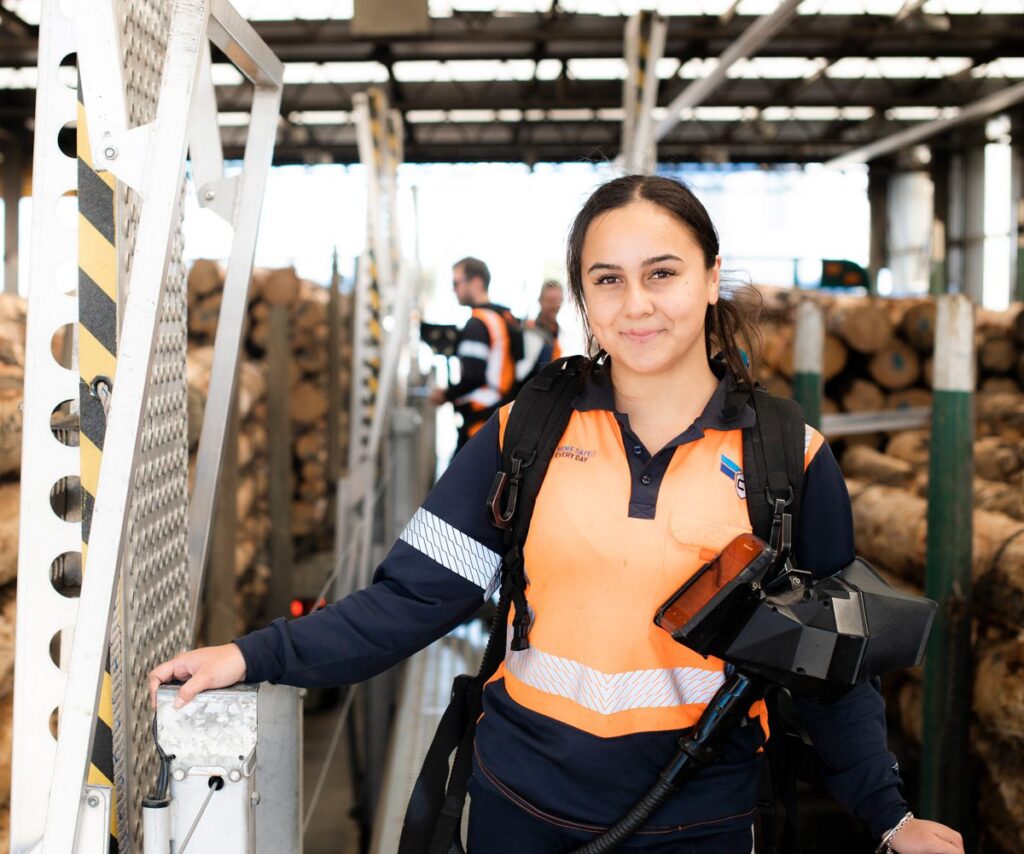Latest News

As economic pressures hamper activity across the country, the negative impact on employment has been widely reported. In Tauranga and the Western Bay of Plenty we’ve seen a small reduction in the rate of economic growth, driven largely by weaker construction, retail and wholesale trade. The flow-on impact has been an uptick in unemployment to 3.8% (up from 3.0% over the last 12 months), and corresponding increase in job-seeker benefit numbers (up 6.6% in the last 12 months).
It’s not all bad news though. Local unemployment remains below the national level (4.0%) and more positively, job growth continued to outpace the rest of the country, increasing 3.9% (4.3% for Tauranga City) vs. 2.9% nationally in the year to March 2024. This growth has been driven by jobs in healthcare, transport and warehousing and enabled by strong migration to the region.
However, we’re acutely aware that increasing unemployment tends to disproportionately affect youth, Māori, and jobs at the lower end of the skills spectrum, with those aged between 15-24 in the region who are not in employment, education, or training (referred to as NEET) sitting slightly above the national average at 12.2% (vs. 12.1% nationally). Worryingly, as the youth employment market remains soft, we’re also seeing more young people leaving school without formal qualifications, which will further increase competition for a smaller number of entry-level job opportunities.

How we respond to these challenges will have longer term implications for employers, households, and local communities. Our goal as an economic development organisation is to lift peoples living standards and as such, you’ll see us stepping up targeted initiatives, working in partnership with local businesses, to support these groups into skilled employment or training pathways.
Whilst economic conditions will fluctuate over the short term, the fundamentals of our economy are strong with a diverse industry base and solid forecast for skilled talent as the economy continues to grow. Additionally, as our existing workforce ages it’s important we make the most of local talent by investing in our youth, retaining existing staff, and grow the relative attractiveness of our city and region to attract the talent we need. Our future economic and social sustainability relies on it.
If you’re unfamiliar with Priority One’s education and talent initiatives and would like to know more, or would like your business to get involved, please check them out here or get in touch.
